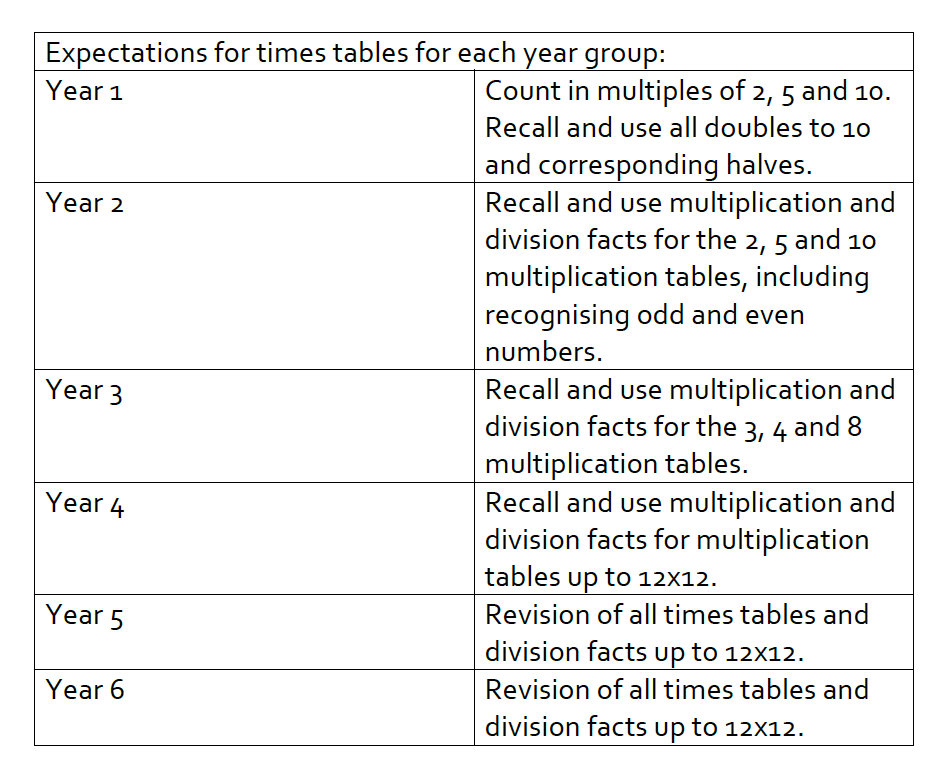MATHS
The Vision
Our vision for math is to ensure that every pupil receives a rich, balanced, and engaging curriculum that aligns with the National Curriculum and other relevant frameworks. We strive to nurture a genuine love for maths, enabling our pupils to become confident, creative, and articulate mathematicians who approach challenges as effective problem-solvers. Maths is a fundamental life skill, providing a lens through which to understand and interpret the world. It supports the ability to analyse, communicate, and apply knowledge to a variety of real-world situations. Our aim is to prepare our pupils not only for their next steps in education but also for using maths in their everyday lives, further education, and future careers.
Curriculum Coverage
At Pakeman, we follow the National Curriculum and use the White Rose Maths Schemes of Work to support teachers in planning and assessment. Our mastery approach is designed to build a deep understanding of mathematical concepts, starting in the Early Years and progressing through to the end of Year 6.
We have high expectations for all pupils to achieve their potential and, wherever possible, engage with year group-specific objectives. Through a varied, stimulating curriculum, we aim to foster strong problem-solving abilities, resilience, and reflective thinking. These essential skills are not only vital in maths but also transferable across other areas of the curriculum and beyond.
How to help your child at home
1. Be positive about maths.
Encourage a growth mindset by avoiding phrases like “I was never good at maths” or “I don’t like maths.” Your attitude can shape your child’s perception of their own abilities and enjoyment of the subject.
2. Highlight maths in everyday life.
Engage your child in real-life mathematical activities, such as measuring ingredients while cooking, calculating costs while shopping, or reading timetables when travelling. This helps them see the practical value of maths.
3. Praise effort, not just ability.
Focus on praising your child’s hard work and perseverance rather than labelling them as “clever.” This reinforces the idea that progress comes through effort and determination, encouraging a positive attitude towards challenges.
Here are some useful online resources that you can use to support your child’s maths learning at home, covering Early Years through to Year 6:
White Rose Maths Home Learning:
Offers structured lessons and videos tailored to each year group, from Early Years to Year 6, aligning with the National Curriculum.
Twinkl Home Education Maths Hub:
Provides a vast array of printable worksheets, interactive games, and activities suitable for all primary school years, supporting various mathematical concepts.
Third Space Learning Home Learning Packs:
Features free home learning packs for Key Stages 1 and 2, including practice questions and activities designed to reinforce classroom learning.
https://thirdspacelearning.com
Oxford Owl Maths:
Offers a range of activities, games, and guidance to help children aged 3–11 develop their maths skills, organized by year group.
https://home.oxfordowl.co.uk/maths/
BBC Bitesize Primary:
Provides comprehensive lessons, videos, and interactive activities for children aged 3–11, covering a wide range of mathematical topics aligned with the curriculum.
https://www.bbc.co.uk/bitesize/primary
NRICH Primary Mathematics: Developed by the University of Cambridge, NRICH offers rich mathematical problems and activities designed to develop problem-solving skills across all primary year groups.
https://nrich.maths.org/primary
Topmarks Maths Games:
Features interactive maths games suitable for children aged 3–11, covering topics like counting, addition, subtraction, multiplication, and division.
https://www.topmarks.co.uk/maths-games
Maths Frame:
Provides interactive maths games and printable worksheets for children from Early Years to Year 6, focusing on various mathematical skills and concepts.
These resources offer a variety of activities and support materials to enhance your child’s mathematical understanding and enjoyment at home.
Times Tables
We expect all children at Pakeman to have a secure grasp of the multiplication tables. Just like learning to walk before you can run, learning multiplication and memorising the times tables are building blocks for other maths topics taught in school – such as division, long multiplication, fractions and algebra. We explicitly teach and assess times tables. We recognise that pupils who do not memorise the times tables will find many aspects of maths much more difficult than they need to be. We therefore ask parents/ carers for support in helping their children to learn the multiplication tables.
The table below shows the expectations for each year group:


